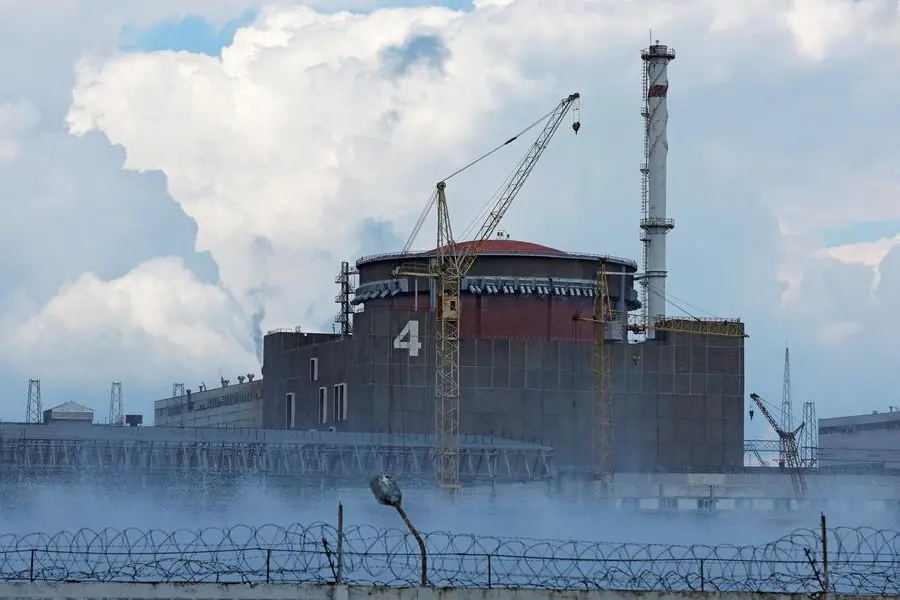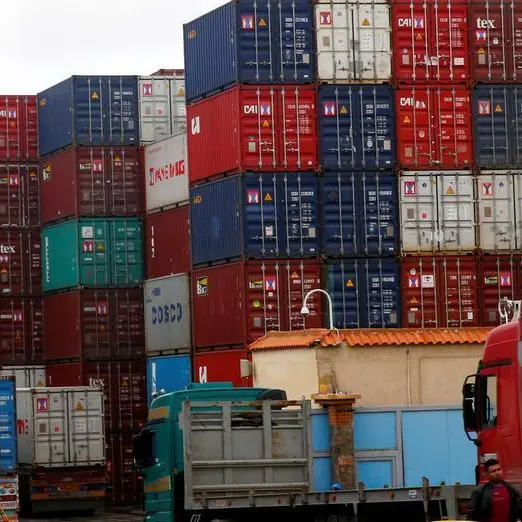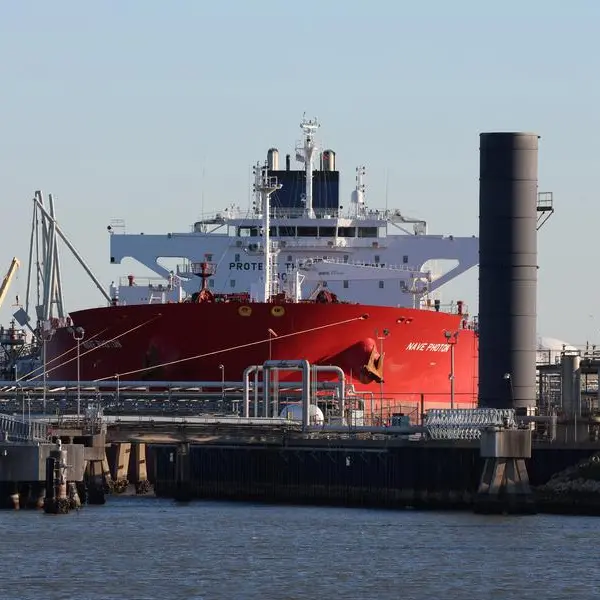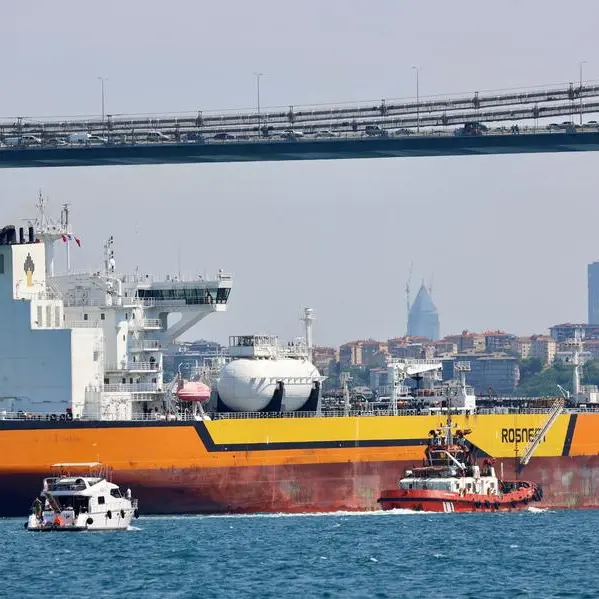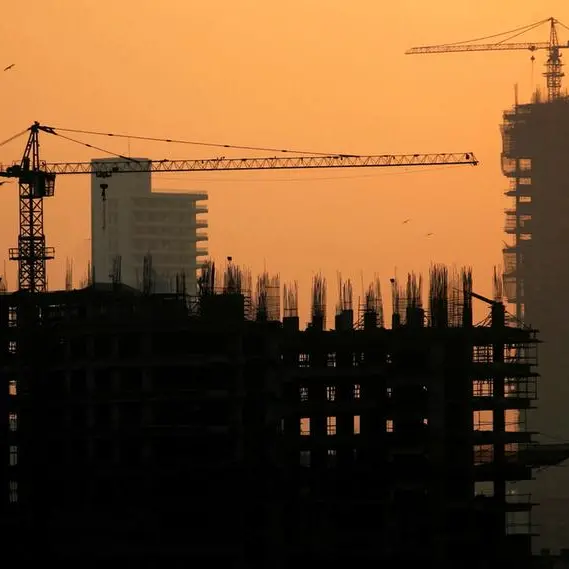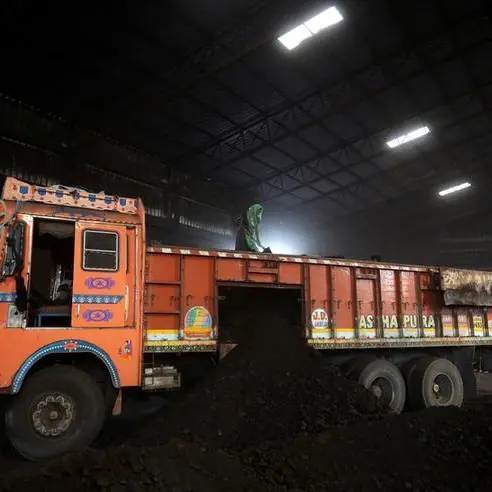PHOTO
KYIV - Ukraine's President Volodymyr Zelenskiy has warned Russian soldiers who shoot at Europe's largest nuclear power station or use it as a base to shoot from that they will become a "special target" for Ukrainian forces.
Russian troops captured the Zaporizhzhia facility in southern Ukraine early in the war, but it is still being run by Ukrainian technicians.
Amid fears of a nuclear catastrophe over renewed shelling there over the past days, U.N. Secretary-General Antonio Guterres has called for the establishment of a demilitarised zone. Ukraine and Russia trade blame for the shelling.
"Every Russian soldier who either shoots at the plant, or shoots using the plant as cover, must understand that he becomes a special target for our intelligence agents, for our special services, for our army," President Volodymyr Zelenskiy said in an evening address on Saturday.
Zelenskiy, who did not give any details, reiterated that he considered Russia was using the plant as nuclear blackmail.
The plant dominates the south bank of a vast reservoir on the Dnipro River. Ukrainian forces controlling the towns and cities on the opposite bank have come under intense bombardment from the Russian-held side.
Ukrainian presidential adviser Mykhailo Podolyak accused Russia of "hitting the part of the nuclear power plant where the energy that powers the south of Ukraine is generated".
"The goal is to disconnect us from the (plant) and blame the Ukrainian army for this," Podolyak wrote on Twitter.
Local Russian-installed official Vladimir Rogov wrote on Telegram that Ukrainian forces were shelling the plant.
The International Atomic Energy Agency, which is seeking to inspect the plant, has warned of a nuclear disaster unless fighting stops. Nuclear experts fear fighting might damage the plant's spent fuel pools or the reactors.
GRAIN SHIPS
Kyiv has said for weeks it is planning a counteroffensive to recapture Zaporizhzhia and neighbouring Kherson provinces, the largest part of the territory Russia seized after its Feb. 24 invasion and still in Russian hands.
Russia's priority over the past week has likely been to reorient units to strengthen its campaign in southern Ukraine, British military intelligence said on Sunday.
Russian-backed forces of the self-proclaimed Donetsk People's Republic in the eastern region of Donbas continued assaults to the north of Donetsk city, the British Defence Ministry said in its daily intelligence bulletin on Twitter.
Ukraine's military command said early on Sunday that Russian soldiers had continued, unsuccessfully, to attack Ukrainian positions near Avdiivka, which since 2014 has become one of the outposts of Ukrainian forces near Donetsk.
Reuters could not independently verify the battlefield accounts.
Two more ships carrying grain left Ukraine's Black Sea ports on Saturday, Turkey's defence ministry said, bringing to 16 the number of vessels to depart under a U.N.- and Turkey-brokered deal in late July aimed partly at easing a global food crisis.
The first ship to depart Ukraine under the deal two weeks ago was approaching the Syrian port of Tartous on Sunday, two shipping sources said. The Razoni had been destined for Lebanon but hit a snag when the buyer changed his mind, fearing the grain's months aboard had decreased the quality.
Meanwhile, the U.N.-chartered ship MV Brave Commander will depart Ukraine for Ethiopia in the coming days after it finishes loading more than 23,000 tonnes of wheat in the port of Pivdennyi, a U.N. official said.
The ship will be the first humanitarian food aid cargo to Africa under the deal, amid fears the loss of Ukrainian grain supplies could lead to outbreaks of famine.
Russia's invasion, which it calls a "special military operation" to demilitarise and "denazify" its smaller neighbour, has pushed Moscow-Washington relations to a low point, with Russia warning it may sever ties.
The United States has led Ukraine's Western allies in supplying it with weapons to defend itself and punitive sanctions against Moscow.
The United States and Europe, wary of being dragged directly into the war, have refused Ukraine's request to establish a no-fly zone to help it protect its skies from Russian missiles and warplanes.
(Reporting by Natalia Zinets in Kyiv and Reuters bureaux; Writing by Michael Perry and Ingrid Melander; Editing by William Mallard and Alison Williams)
